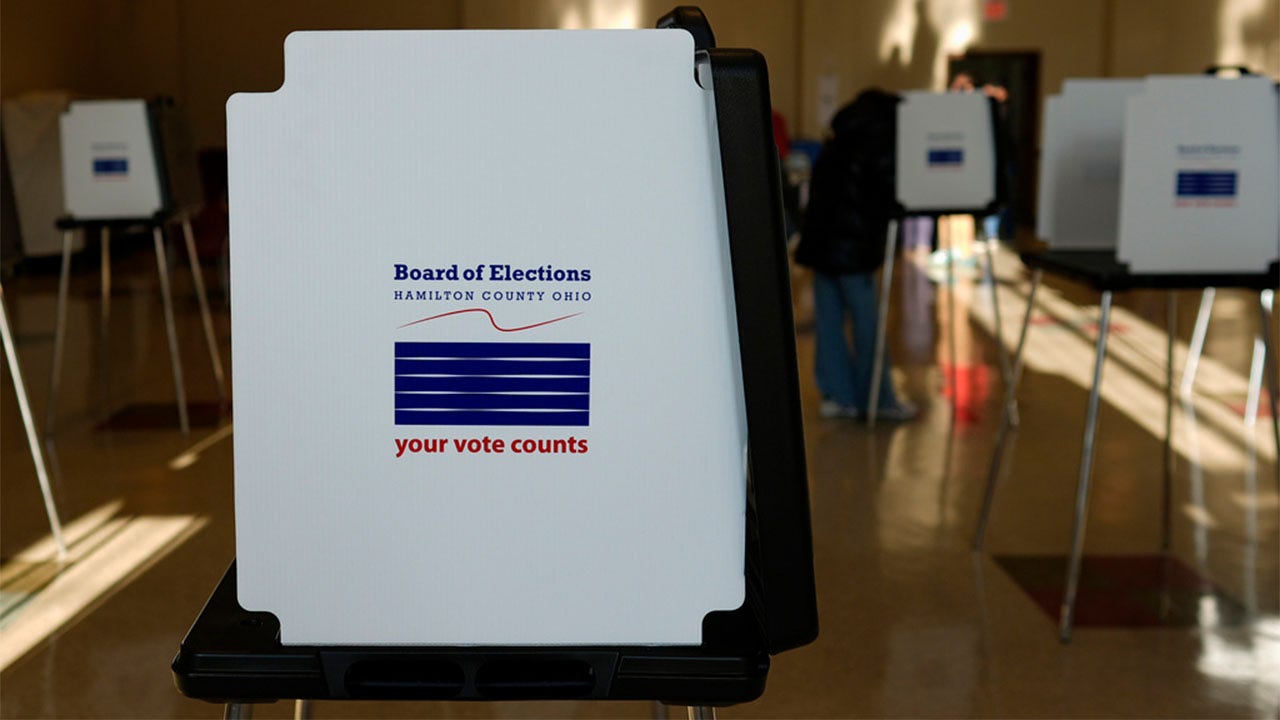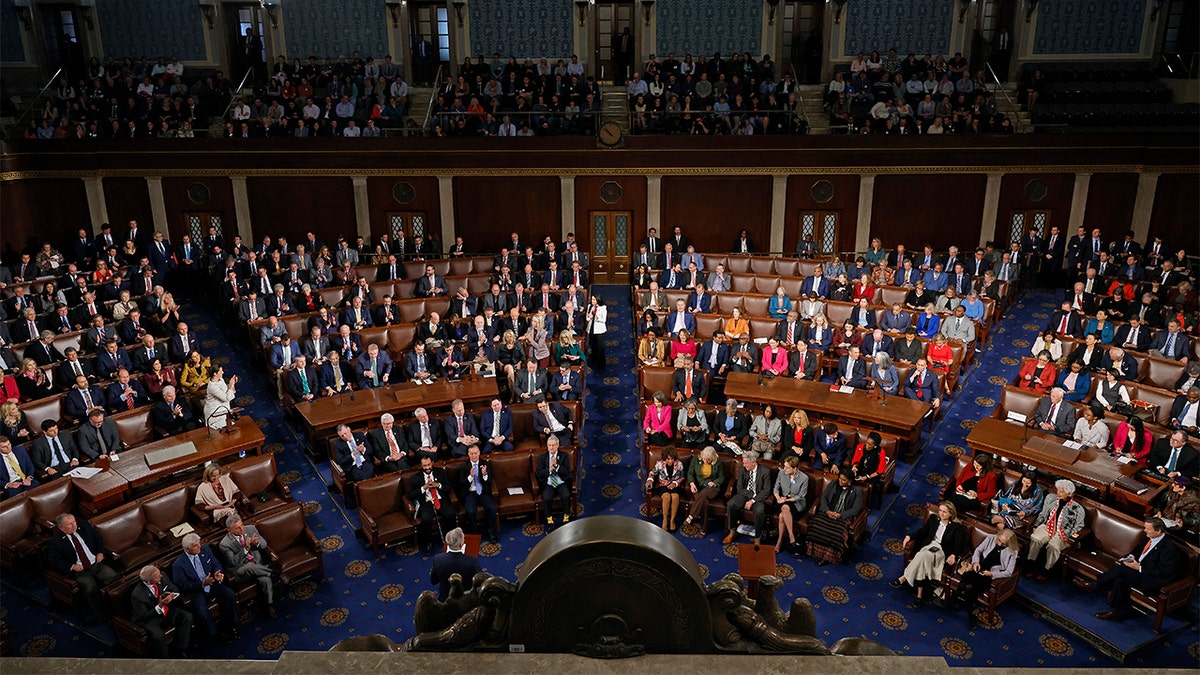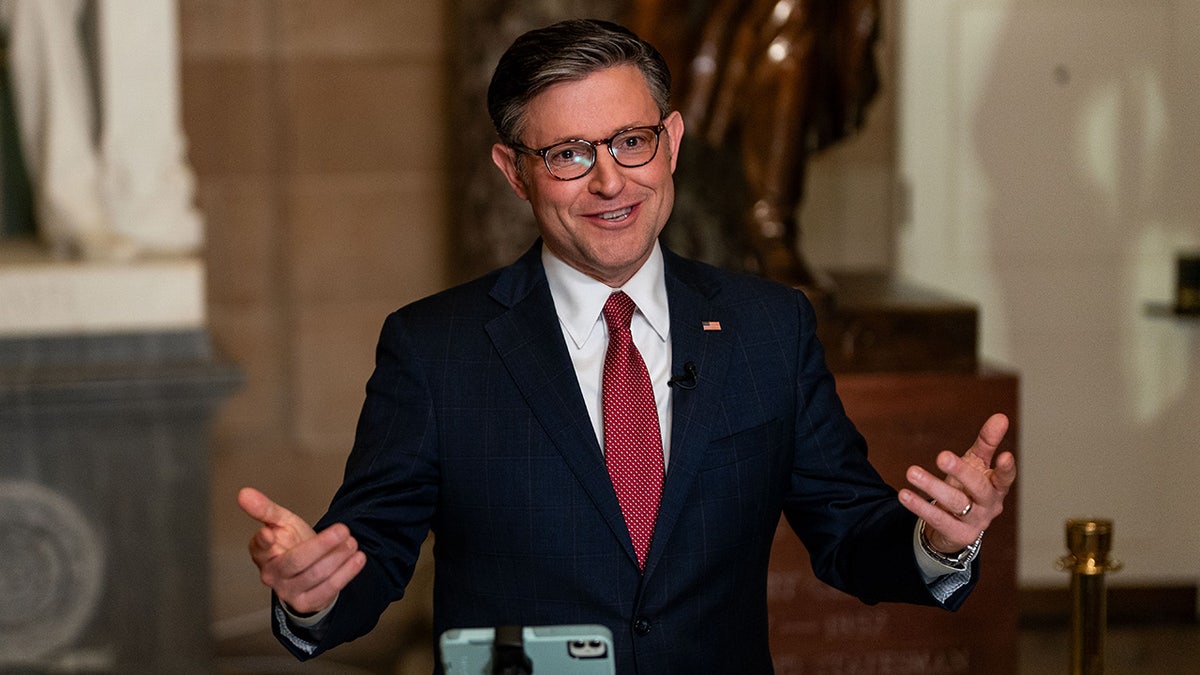
The House of Representatives passed two bills this week aimed at enhancing election security and voter eligibility, the Safeguard American Voter Eligibility (SAVE) Act and the Election Integrity Act. The SAVE Act, which requires state election officials to ask about citizenship before providing applicants with voter registration forms and an individual to provide proof of citizenship before registering to vote in federal elections, was approved on July 11 with a final vote of 221-198. Five Democrats also voted in favor of the measure. The Election Integrity Act, which includes provisions for requiring a photo ID for voting and prohibiting ballot harvesting, is still under consideration.
The SAVE Act now heads to the Senate, where it will face strong opposition from Democrats and President Biden has stated that he will veto the measure. Republicans argue that this legislation is necessary to ensure only American citizens vote in federal elections and prevent potential voter fraud. However, research shows that instances of noncitizens illegally registering and casting ballots in federal elections are rare.
The SAVE Act also allows state officials to accept a variety of documents for citizen registration, provides states with access to a federal agency database for removing noncitizens from voter rolls and confirming citizenship, and directs the Department of Homeland Security to begin removal proceedings against noncitizens who have registered to vote. The bill also includes provisions for military members abroad, married women with changed names, Native Americans with tribal IDs not showing place of birth, and natural disaster survivors who have lost personal documents.
The Election Integrity Act includes provisions for requiring a photo ID for voting in person or by mail, prohibiting ballot harvesting (the collection and submission of multiple ballots on behalf of others), and establishing a national voter identification database. The bill also includes measures to increase transparency in election administration, such as requiring states to provide public access to their voter registration lists.
Both bills have been met with criticism from voting rights advocates, who argue that they are unnecessary and could disproportionately impact marginalized communities. However, supporters argue that these measures are necessary to maintain the integrity of the electoral process and prevent potential voter fraud.



